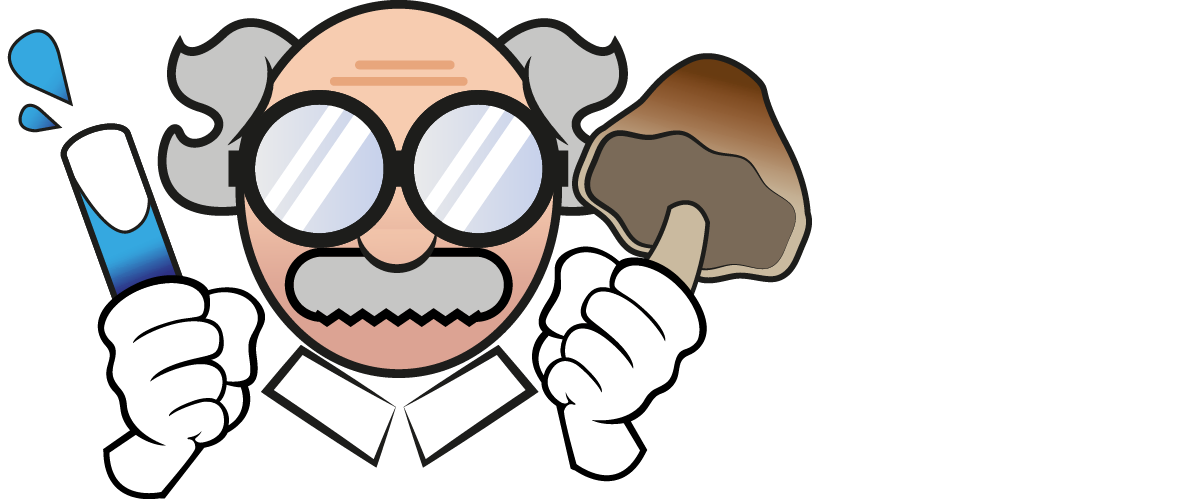What types of psychedelics are there?
Psychedelics can be divided into three types: classical psychedelics, empathogens and dissociatives. Psychedelics can have a powerful influence on how our brain works and therefore on how we perceive the world. For thousands of years, people have used natural psychedelics as a means to expand the mind, connect with the Gods and sometimes to better understand the world or yourself.
All these resources have different effects, but if you look closely you can see similarities. For example, we can divide psychedelics into three groups. Each group has a different effect on humans. Below we go through them and list the best-known drugs for each category.
Classical Psychedelics
Classical psychedelics are the most well-known type of drugs. They are also called serotonergic agents, as their effect comes from their interaction with the serotonin system. Many of these resources come from nature (mushrooms, leaves, cacti and lianas). But humans have already devised some synthetic variants.
Whoever takes his first steps on the path of psychonaut will usually be the first to try a drug from this group. That's because they're more accessible and easier to dose. But the effects of these drugs are not necessarily less severe. Certainly, in higher doses you can trip a lot and hallucinations are also possible.
Classic psychedelics are popular as a tripping agent, but are also used for other reasons. For example, there are people who use these drugs to seek spiritual enlightenment or to try to improve their creativity or social skills.
Effects of classic psychedelics
Drugs in this group cause changes in mood, how information is processed and in your perception. That means they affect your senses. Common effects include visual hallucinations, sharpening of the senses, and changes in the perception of time. They also influence thinking, mood and consciousness.
Examples of these resources:
Mescaline (cacti), psilocybin, LSD, DMT
Dissociatives
These powerful agents can create impressive experiences that come from feeling out of your body. These drugs have only recently increased in popularity, mainly due to the availability of nitrous oxide. With dissociatives your perception is strongly influenced.
When you use these kinds of resources, you feel disconnected from the world around you. You get the feeling that you are distancing yourself from your body and yourself, and you may also have hallucinations. This can be an exciting trip, but being detached from reality can be very alienating and even frightening. You will also have to be careful with these types of drugs.
Effects of dissociatives:
You may be able to have out-of-body experiences through use. This is also experienced as a near-death experience. Another effect is the ego death, as a result of which you no longer have a sense of your own self. You may also have difficulty moving. It also happens that people can communicate with extraterrestrial or divine beings. Dissociative drugs can also cause vivid hallucinations.
Examples of these resources:
Salvia Divinorum, N2O (Di-nitrogen monoxide or laughing gas)
Empathogens
The effects of empathogens are less severe than those of the other groups. These drugs have a greater impact on emotions and how you behave socially. There are fewer disturbances of the senses. It is precisely because of these effects that empathogens are often used in social settings and at parties. They are also called empathogenic for that reason, because they strengthen your empathy.
Effects
If you use a substance from this group, you feel less fear towards others, you can be yourself more easily and feel more kindness for the people around you. You can be more open and confident, experience a sense of belonging, but you also get more energy. That's also because these drugs can increase your heart rate and blood pressure.
Empathogens start to work on average after 10 to 30 minutes and the effect can last up to 2 hours. Although the effects are not as severe as the aforementioned drugs, empathogens also have side effects and can be dangerous in large quantities.
Examples of these resources:
MDMA (aka Ecstacy, Molly, X)
Making this classification makes it easier to see what the effects of a particular substance will be. The classic psychedelics distort reality, the dissociatives make you detached from reality and from yourself. The last group, the empathogens, bdevelop a sense of solidarity, of togetherness. These have more impact on your emotions and social feeling.







